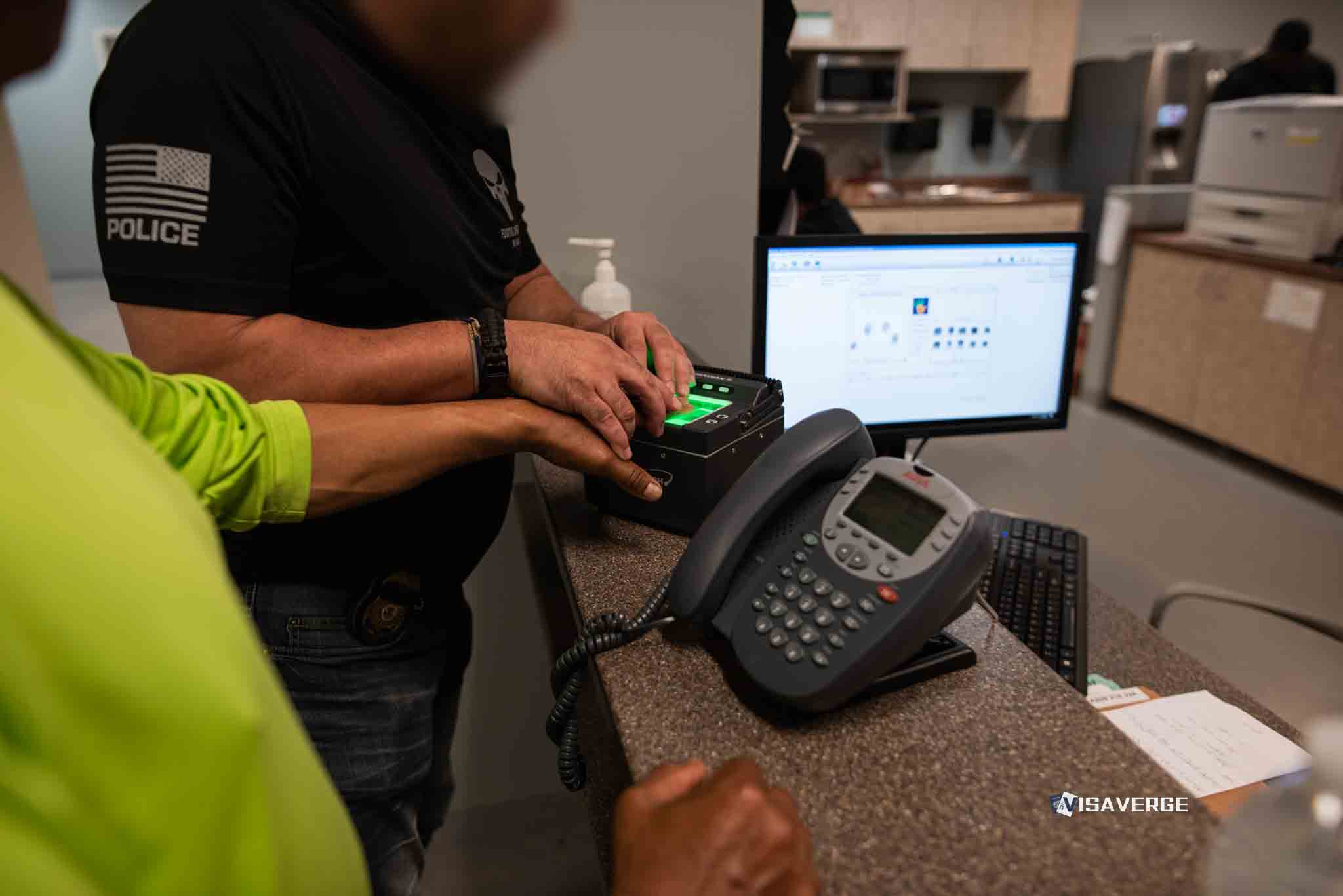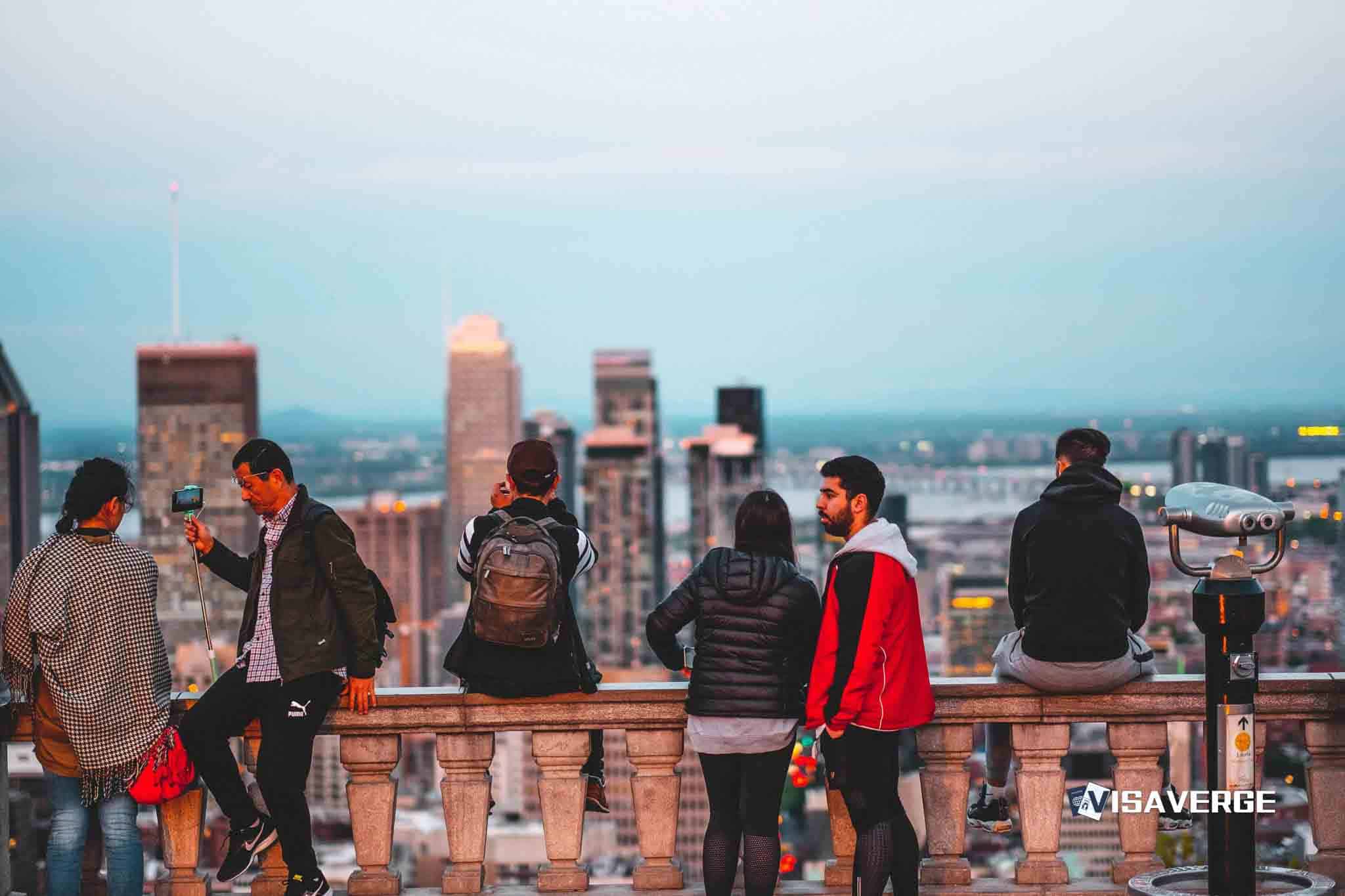(BALI, INDONESIA) Indonesia has unveiled a new Global Citizen Indonesia Policy that offers unlimited permanent residency to many foreigners with deep ties to the country, a move expected to reshape life for long-term residents in Bali and beyond. The scheme, officially launched on November 19, 2025, allows eligible foreigners to stay in Indonesia without time limits while keeping their original passports, easing long-standing worries created by the country’s strict single-citizenship rules.
Who the GCI is for

The Global Citizen Indonesia Policy, known as GCI, targets people who already see Indonesia — especially Bali — as home but have never had secure legal status. For years, foreign spouses, former citizens, their children, and long-term residents have juggled temporary visas, regular renewals, and sudden rule changes.
Many built families and businesses in Bali while living with the quiet fear that one missed renewal or policy shift could force them to leave. The GCI program aims to remove that fear by offering permanent residency rights with no expiry date.
Under the new scheme, eligible foreigners can live, work, and own property in Indonesia indefinitely, including in Bali’s popular coastal and inland areas. Officials say this is not a new form of citizenship but a robust residency class designed for people with proven, long-term connections to the country. GCI holders keep their foreign nationality and passports while gaining the freedom to plan for the future in Indonesia without the usual visa clock ticking in the background.
Why it matters for mixed-nationality families
Indonesia’s long-standing ban on dual citizenship has often put mixed-nationality families in a painful position. Children born to one Indonesian and one foreign parent — a common story in Bali’s global community — have frequently faced difficult choices as they approached adulthood.
Many families worried that children would have to pick one citizenship and risk losing the right to live in the place where they grew up. By offering permanent residency without forcing anyone to surrender their passport, the Global Citizen Indonesia Policy tries to ease this tension, especially for second-generation families with one foot in Bali and one abroad.
Eligibility — who qualifies
The government has drawn clear lines about who can qualify. The scheme is aimed at foreigners with real, documentable links to Indonesia. This includes:
- Former Indonesian citizens (ex-WNI) who left the country and later wish to return
- Second-generation descendants of former citizens
- Spouses of Indonesian or former Indonesian nationals
- Children from mixed marriages
For Bali, where international marriages and long-term cross-border families are common, these categories cover a large share of the foreign community that has felt rooted on the island for years but remained legally fragile.
Limits and exclusions
At the same time, there are firm limits. Officials stress that GCI does not create dual citizens and does not grant political rights. Key restrictions:
- GCI holders cannot vote in Indonesian elections or run for public office.
- The status is a permanent residency permit, not a passport or citizenship.
- Some groups are fully excluded, including:
- People from territories that were once part of Indonesia
- Individuals linked to separatist activity
- Those who worked in foreign civil service, intelligence, or military roles deemed sensitive by Jakarta
These boundaries show the state’s effort to welcome long-term residents while keeping tight control over who can benefit.
Government messaging and rationale
The rollout has been framed by the government as a direct answer to years of public debate over nationality. On November 20, 2025, Minister of Immigration and Corrections Agus Andrianto said GCI was built to calm fears on both sides of the argument.
“GCI is a solution that resolves the dual citizenship polemic by granting extensive residency rights to foreigners with deep ties to Indonesia without changing their foreign citizenship status,” he stated.
The word “solution” has become central to official messaging, as Jakarta tries to show it can protect Indonesia’s legal tradition while supporting modern transnational families.
How to apply
The application process for the Global Citizen Indonesia Policy runs through the country’s online immigration portal at evisa.imigrasi.go.id, which is managed by the Directorate General of Immigration under the Ministry of Law and Human Rights.
Applicants are expected to upload proof of their connection to Indonesia, such as:
- Birth certificates
- Marriage certificates
- Documents confirming Indonesian ancestry or previous citizenship status
📝 GCI grants permanent residency, not dual citizenship; you keep your original passport and cannot vote. Use this status to plan long-term housing, work, and family arrangements in Bali.
According to analysis by VisaVerge.com, the digital route is meant to reduce face-to-face visits and cut down on the kind of local discretion that has often made visa cases in Bali unpredictable. While officials describe the process as “streamlined” for those with clear documents, they have not yet released detailed processing time guidelines.
Impact on Bali’s residents and economy
For Bali’s large expat and retiree population, the idea of stable permanent residency marks a sharp shift from years of short-term planning. Many foreign residents have relied on retirement visas, social visas, or investment permits that must be renewed regularly and can be refused with little warning.
These systems discouraged long-term commitments — from buying homes to building businesses that require years of planning. By contrast, GCI status allows people who qualify to make longer-range choices, knowing that their right to stay in Bali does not depend on a renewal stamp every year.
The change also carries economic and social implications for the island:
- Long-term foreign residents often play steady roles in tourism, real estate, and creative sectors.
- With permanent residency, they can invest and hire with more confidence, potentially bringing steadier jobs for local workers.
- Families with mixed Indonesian and foreign roots gain a legal path that lets them remain together in Bali without pushing anyone to abandon their original nationality.
- Indonesian relatives, including many Balinese spouses, may feel less pressure over their partner’s status, easing daily life in ways that do not appear in official statistics.
National implementation and local variation
Officials have not framed GCI as a Bali-specific policy, but the island’s global profile makes it one of the clearest test cases. Bali’s mix of returnees with Indonesian roots, foreign retirees, digital professionals, and long-standing business owners means many residents fall into one of the eligible groups.
At the same time, the government has kept the scheme anchored in national security and social concerns, insisting that restrictions on political rights and on certain sensitive backgrounds are non-negotiable. This balance reflects the broader approach of the Directorate General of Immigration, whose official site at imigrasi.go.id continues to stress both service to migrants and protection of Indonesia’s sovereignty.
Practical challenges and outlook
Legal experts say the practical effect of the Global Citizen Indonesia Policy will depend on:
- How strictly officers apply documentary rules.
- How consistent decisions are across provinces, including in Bali.
Applicants without clear birth or marriage records may still face hurdles, even if they have lived on the island for many years. Others, such as grandchildren of former Indonesian citizens who left decades ago, may need to track down old family documents from different countries.
Still, for those who can prove their ties, the promise of stable permanent residency in Bali marks one of the most far-reaching shifts in Indonesia’s modern migration history — turning what was once a fragile visa existence into a recognized, long-term home.
Important note: Applicants should prepare thorough documentation and monitor official guidance for processing timelines and further eligibility details as the program is implemented.
Indonesia’s Global Citizen Indonesia Policy, launched November 19, 2025, grants eligible foreigners permanent residency without requiring renunciation of their original passports. Designed for ex-citizens, second-generation descendants, spouses, and children of mixed marriages, GCI permits indefinite residence, work, and property ownership but excludes political rights and some security-sensitive groups. Applications are filed through the evisa.imigrasi.go.id portal with documentary proof. The policy aims to stabilize family life and investment in Bali while maintaining national sovereignty through clear eligibility rules and exclusions.













